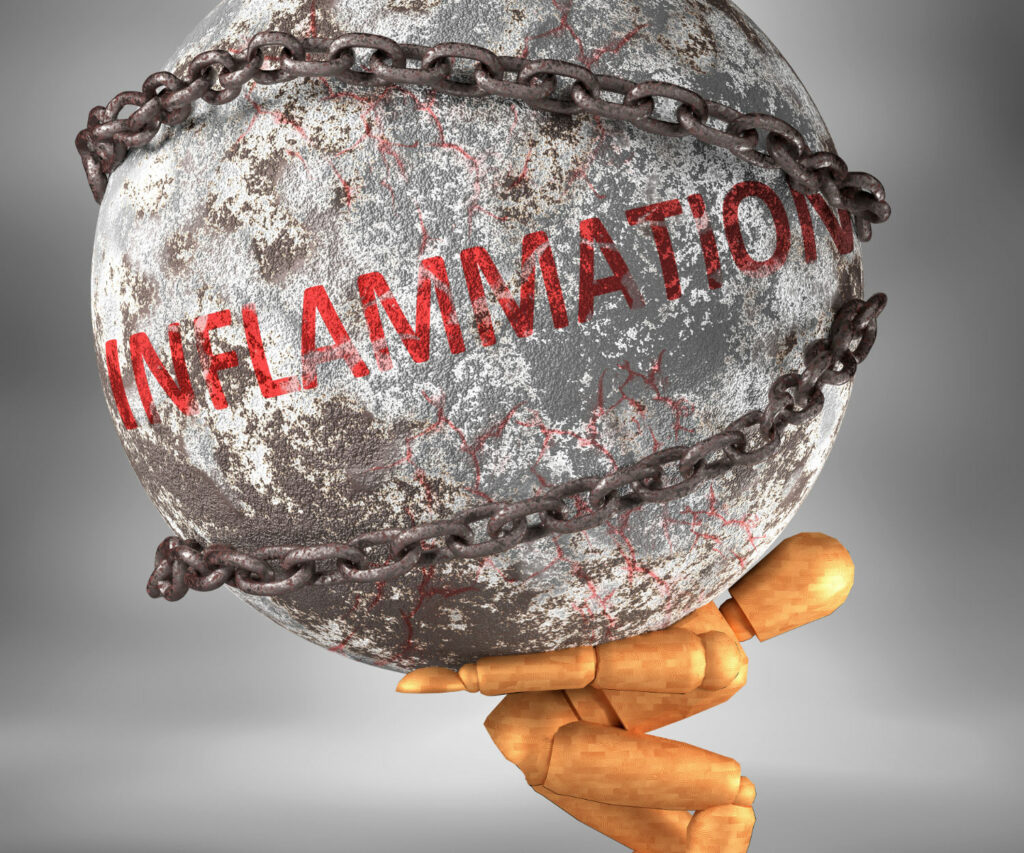We often focus on the visible aspects of our wellness journey—diet, exercise, and mindfulness practices. However, an invisible force could significantly impact your path to wellness: the presence of pesticides in our food and environment. This article explores the often-overlooked role of pesticides in our health journey, shedding light on their potential effects and offering guidance on how to minimize exposure for a healthier life.
Pesticides and Health: The Unseen Connection
Pesticides, chemicals used to kill or control pests in agriculture and urban landscaping, have become a ubiquitous part of modern life. While they play a crucial role in maintaining crop yields and controlling invasive species, their residue on food and presence in our surroundings can have unintended consequences for human health.
The Health Risks of Pesticide Exposure
Scientific studies have linked prolonged pesticide exposure to a variety of health issues, including:
- Neurological Problems: Certain pesticides are neurotoxins that can affect brain health, leading to conditions such as Parkinson’s disease and decreased cognitive function.
- Hormonal Disruption: Some chemicals in pesticides mimic or interfere with the body’s hormones, potentially leading to reproductive health issues, obesity, and diabetes.
- Cancer: Research has found associations between pesticide exposure and increased risks of certain cancers, including leukemia, lymphoma, and breast cancer.
- Immune System Suppression: Exposure to pesticides can weaken the immune system, making the body more susceptible to infections and diseases.
Navigating a Pesticide-Saturated World
Completely avoiding pesticides may be challenging, but there are practical steps we can take to reduce our exposure and mitigate their impact on our health journey.
- Choose Organic When Possible: Organic foods are grown without synthetic pesticides. Prioritizing organic produce, especially for fruits and vegetables known to have higher pesticide residues, can reduce exposure.
- Wash and Peel Produce: Thoroughly washing fruits and vegetables under running water and peeling them when possible can help remove some pesticide residues.
- Diversify Your Diet: Eating a wide variety of foods can prevent high exposure to the pesticides used on a particular crop.
- Support Local and Sustainable Farming: Purchasing from local farmers who practice sustainable agriculture not only reduces your exposure to pesticides but also supports healthier ecosystems.
- Advocate for Change: Supporting policies and regulations that limit the use of harmful pesticides and promote safer alternatives can lead to broader public health benefits.
Beyond the Plate: Pesticides in Our Environment
Pesticides can also enter our bodies through non-dietary means, such as air and water pollution. Being mindful of pesticide use in our communities and homes, and advocating for integrated pest management (IPM) strategies that minimize chemical use, can further reduce our exposure.
The Path Forward
Understanding the impact of pesticides on our health is a crucial step in our wellness journey. By making informed choices about what we eat and how we interact with our environment, we can navigate the challenges posed by pesticides and move closer to our health and wellness goals. This journey isn’t just about personal health; it’s also about advocating for a healthier planet where future generations can thrive without the burden of chemical exposures.
As we continue to seek balance and wellness in our lives, let’s remain mindful of the unseen factors like pesticides that may influence our health. Through informed choices and collective action, we can pave the way for a cleaner, healthier world.














